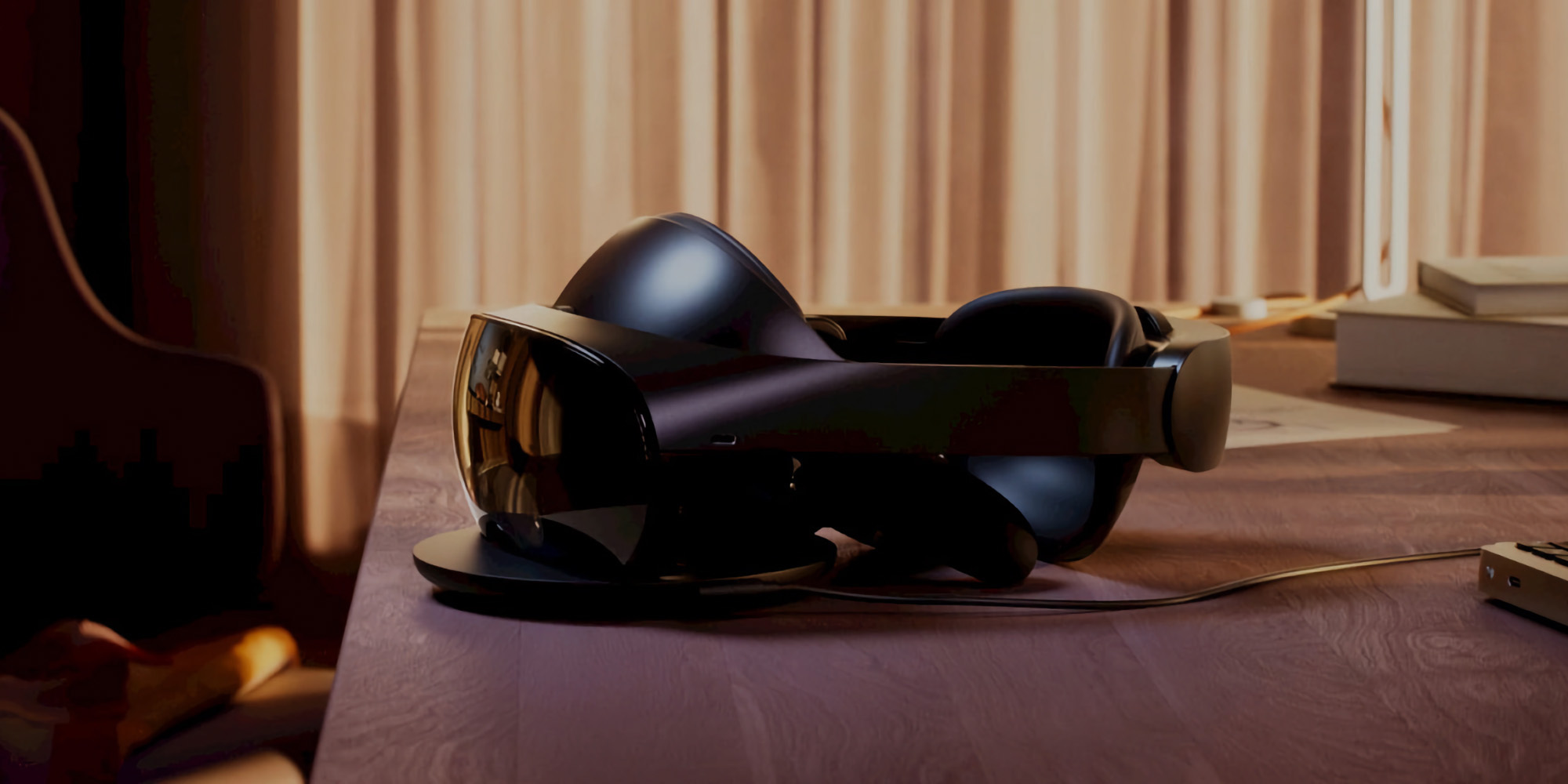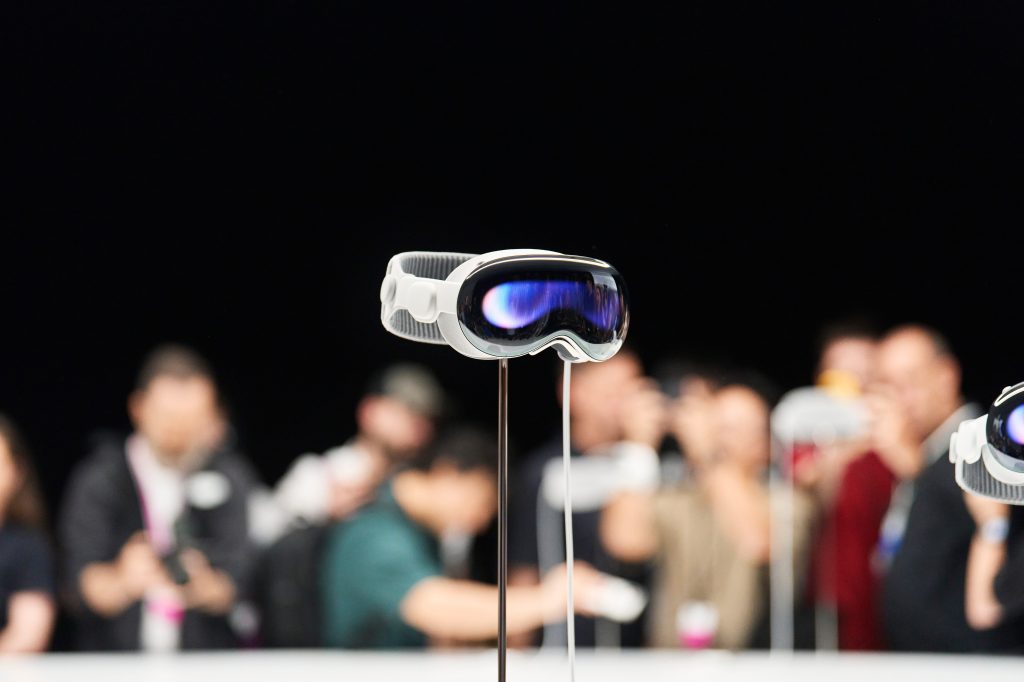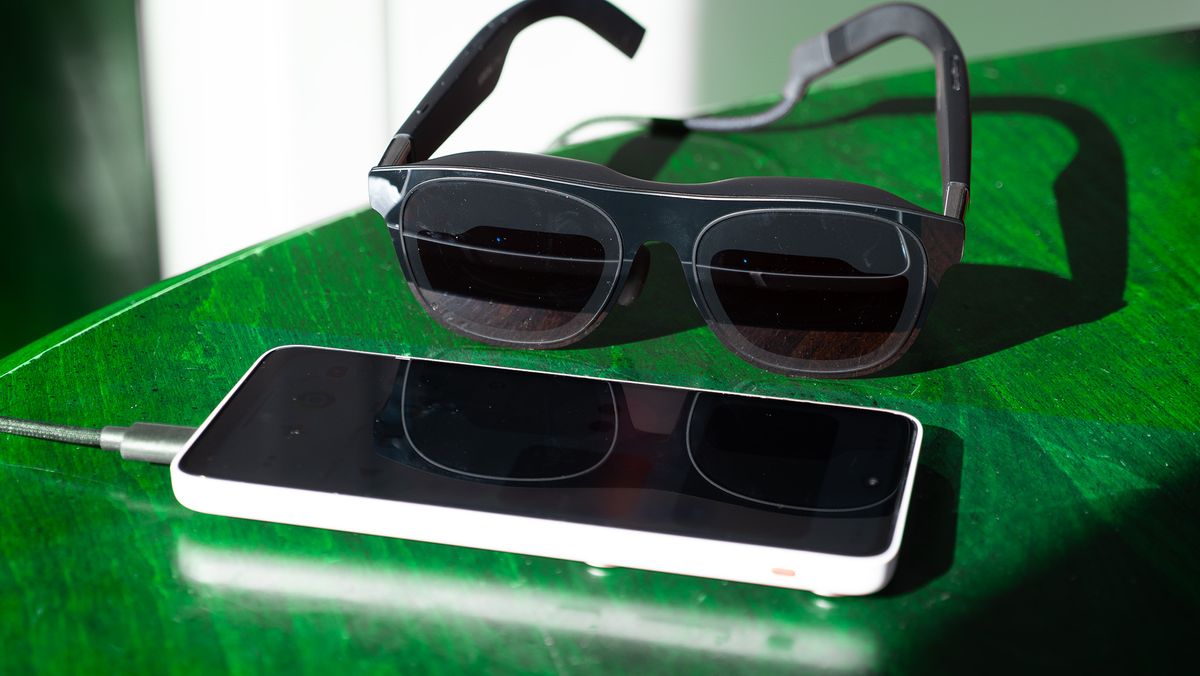Even before Apple unveiled Vision Pro, Meta already had virtual reality headsets called Meta Quest (which were created after Meta acquired Oculus). However, Meta’s headsets aren’t exactly a hit. But Zuckerberg seems to have ambitious plans to compete with Apple Vision Pro, as a new report suggests that Meta has been working with LG to build a new VR headset.
According to a report shared by UploadVR, Meta and LG have teamed up to build future versions of the Quest Pro headsets. At first, it was believed that Meta was only in talks with LG Display, LG’s subsidiary display supplier. However, new information suggests that the partnership has resulted in a “much broader partnership” with other LG subsidiaries.
LG Electronics would be responsible for assembling the new headset, while LG Energy and LG Innotek would supply batteries and other components. Of course, the Micro OLED displays would be supplied by LG Display. This means that LG would have a greater influence on how the device is made.
While Apple is focused on providing a premium experience with its new headset, Meta seems to be interested in both premium and entry-level segments.
Industry sources claim that the new headset from Meta and LG is expected to be launched in 2025 with a price tag of around $2,000. The current Meta Quest Pro costs $999, so it’s likely that both companies will invest in more powerful hardware to compete with Apple Vision Pro. At the same time, Meta will soon be launching the more affordable Meta Quest 3 for $499.

A new competitor to Apple Vision Pro
It’s undeniable that Apple has chosen state-of-the-art technology to build Vision Pro. Although the exact specifications are unknown, we do know that the headset has a Micro OLED display with a resolution higher than 4K for each eye. Vision Pro also has 12 cameras, 5 sensors, and 6 microphones for advanced gesture and voice recognition, so it doesn’t require physical controls.
On the inside, Apple Vision Pro runs on the M2 chip (the same as the latest Macs) and has a new R1 chip that renders the images captured by the cameras in real time. The current Meta Quest Pro, on the other hand, has a 2K LCD display for each eye, only five cameras, comes with physical controls for better precision, and runs on a Snapdragon XR2 chip.
With a higher price tag, Meta may be able to improve some of these aspects to have a product more similar to Vision Pro. Even so, the future of both devices is largely unknown at this point. Revenue from Meta’s “Reality Labs XR” division has been in decline, while analysts believe that Apple won’t sell more than 400,000 Vision Pro units by 2024.

Read also
FTC: We use income earning auto affiliate links. More.






















Discussion about this post